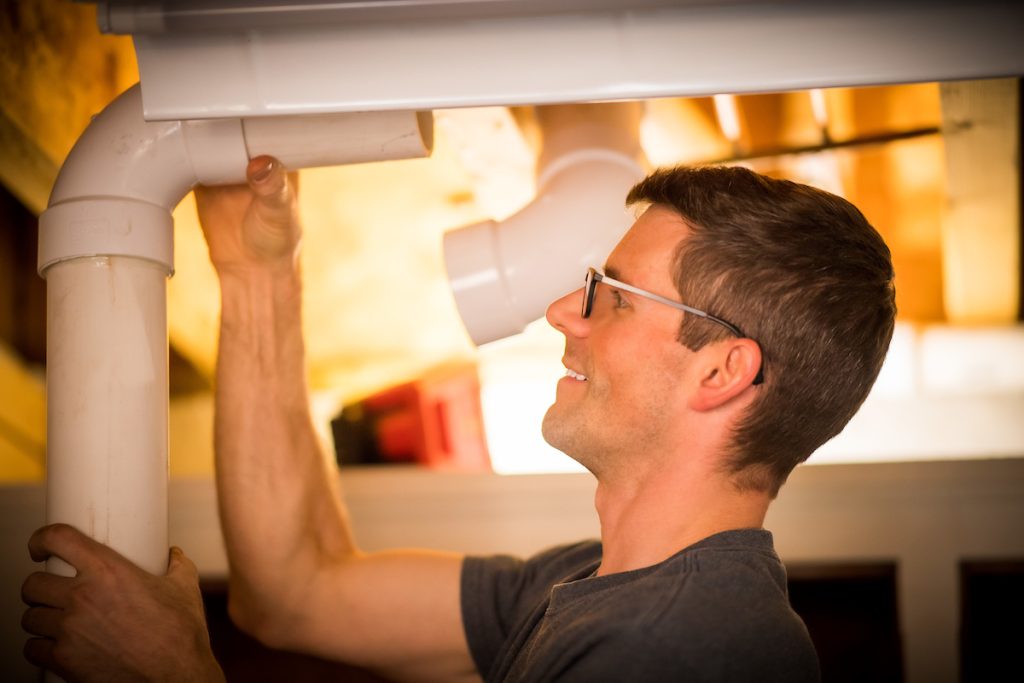Fortify Your Foundation – The Definitive Guide to Commercial Radon Mitigation Services
Radon, a colorless, odorless gas, poses a serious health risk when it accumulates in enclosed spaces. With commercial properties at risk, understanding the importance of radon mitigation services is crucial. This definitive guide aims to shed light on the necessity of fortifying your foundation against this silent threat. Radon is a radioactive gas that naturally seeps from the ground, especially in areas with uranium-rich soil. It enters buildings through cracks and openings in the foundation, accumulating in indoor spaces over time. Prolonged exposure to elevated radon levels has been linked to lung cancer, making it a significant concern for commercial property owners.
Assessment and Testing – The first step in fortifying your foundation is to conduct a thorough radon assessment. Professional radon mitigation services begin by testing the indoor air quality of your commercial property. This assessment helps determine the current radon levels and identifies potential entry points.
Licensed technicians use specialized equipment to measure radon concentrations, providing accurate data for informed decision-making. Commercial property owners should schedule regular radon testing to ensure ongoing safety and compliance with regulatory standards.
Customized Mitigation Strategies – Once radon levels are assessed, commercial radon mitigation services near me devise customized strategies to reduce radon concentrations within your commercial property. These strategies often involve a combination of sealing entry points, improving ventilation, and installing specialized radon mitigation systems.

Sealing foundation cracks and gaps is a fundamental step in preventing radon entry. Mitigation professionals use advanced sealing materials to fortify the building envelope, limiting radon infiltration. Additionally, enhancing ventilation systems helps disperse radon gas, reducing its concentration indoors.
Installation of Radon Mitigation Systems – For more persistent radon issues, the installation of specialized radon mitigation systems may be necessary. These systems typically include sub-slab depressurization, soil suction, or ventilation systems designed to redirect radon gas away from the building.
Sub-slab depressurization involves creating a vacuum beneath the building’s foundation, preventing radon from entering indoor spaces. Soil suction systems draw radon from the soil before it reaches the building, while ventilation systems ensure efficient air exchange, diluting radon concentrations.
Professional Installation and Maintenance – Commercial radon mitigation services should be performed by licensed professionals with expertise in the field. Installation of mitigation systems requires technical knowledge and precision to ensure optimal effectiveness. Regular maintenance checks are also essential to guarantee the continued functionality of these systems.
Compliance with Regulations – Commercial property owners must be aware of radon regulations and guidelines established by local authorities. Compliance with these standards not only ensures the safety of occupants but also protects against potential legal ramifications. Hiring reputable radon mitigation services ensures that your commercial property adheres to all necessary regulations.
Fortifying your commercial property’s foundation against radon is a proactive measure to safeguard the health and well-being of occupants. Through professional assessment, customized mitigation strategies, and the installation of specialized systems, you can effectively reduce radon levels and mitigate the associated health risks. By prioritizing radon mitigation services, you not only enhance the safety of your commercial space but also demonstrate a commitment to the well-being of those who inhabit it.
